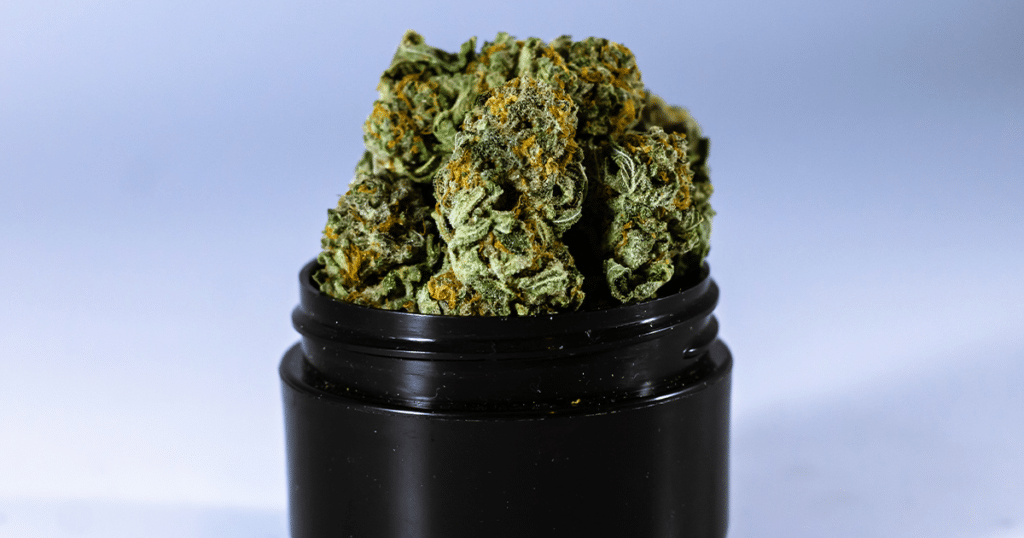San Francisco has made headlines within the cannabis industry lately with its efforts to rectify previous pullbacks made by the state to regulate and tax the legal cannabis industry. Unlike other cities and states which continue to fare down an unfair regulatory path, San Francisco has now suspended local cannabis tax until 2026.
In December 2021, as online news sites report, “San Francisco voters approved the tax in Nov. 2018, which imposes a 1% to 5% citywide tax on gross receipts from cannabis businesses. The tax is set to go into effect on Jan.1, 2022.”
Since its implementation, the city tax has left San Francisco cannabis operators struggling, with the struggle compounded by burdensome regulations and huge price drops from the illicit market’s overproduction and competition. Fortunately for local cannabis operators, they can now enjoy relief thanks to the city tax postponement.
A City Recognized Wrongdoing And Made It Right
The San Francisco Standard stated, “The Board of Supervisors Budget and Finance Committee voted on Wednesday to recommend kicking the can further to Dec. 31, 2025, in the face of serious headwinds for legal cannabis operators, who face challenges ranging from banking restrictions to theft at dispensaries.”
Board supervisor Rafael Mandelman expressed concern over the existential issue currently being faced by the legalization project and expressed further concerns over the cannabis market, remarking that it is not where the board would like it to be. The move to show support and confidence for the city’s legal cannabis operators is a positive move in its own right, with a city now recognizing its wrongdoing and choosing to place efforts on rectifying it.

Local Tax Means Negative Impacts On Operators
“If the local tax were to go into effect, a San Francisco cannabis retailer with more than $1.5 million in gross receipts would apply a 28.7% marginal tax rate for sales of its goods. That upcharge could make it difficult to compete with San Francisco’s illicit market,” explains The San Francisco Standard.
Licensed operators would then find it hard to compete, with additional costs rolled to the customer and other pressing industry barriers to profitability seeing operators lacking access to normal banking services and possessing an inability to deduct business expenses on federal taxes.
As of November 2022, the ordinance to suspend the tax has increased the protection of local cannabis operators and made it a legislative priority.

Enjoyed that first hit? Come chill with us every week at the Friday Sesh for a freshly packed bowl of the week’s best cannabis news!




















